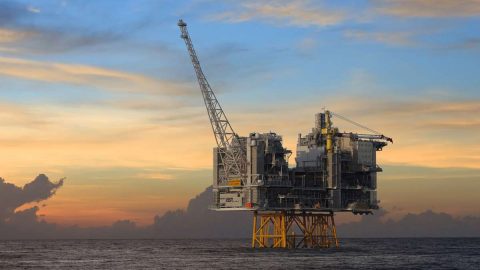
“Global energy demand will not return to pre-corona level until 2025”
Foto: Aker Solutions
Due to a slow economic recovery from the corona pandemic, the full recovery in global energy demand likely won’t be back on track until 2025, warns the International Energy Agency (IEA).
Want to read more?
You have read all of your free premium articles for this month. Please become a subscriber to keep reading.
Subscribe now!
Take advantage of our exclusive offer to get full access to all premium content.




